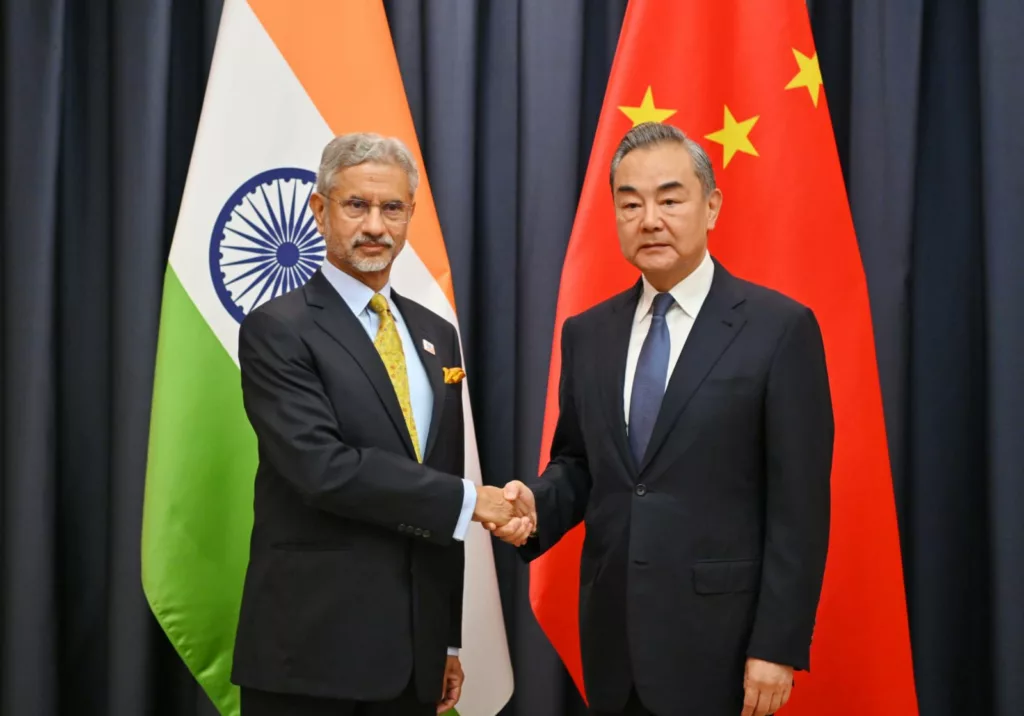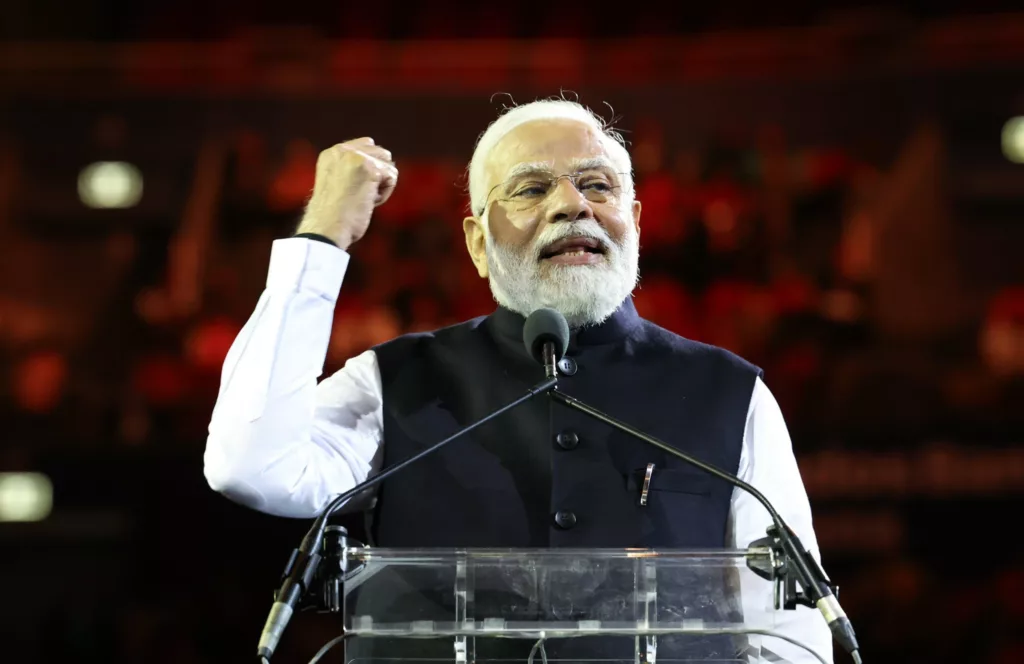Chinese Foreign Minister Wang Yi is scheduled to visit India on August 18 for discussions under the framework of the Special Representative mechanism, according to reports. The visit comes just ahead of Prime Minister Narendra Modi’s planned trip to China for the Shanghai Cooperation Organisation (SCO) Summit, which will be held in Tianjin from August 31 to September 1.

This marks a significant moment in the ongoing diplomatic engagement between the two countries, especially as it will be Prime Minister Modi’s first visit to China since the Galwan Valley clash in June 2020, which led to a serious downturn in bilateral ties. The SCO Summit, expected to be attended by leaders of over 20 countries and representatives from 10 international organisations, is set to be the largest of its kind since the inception of the organisation.
In the lead-up to the summit, China has officially welcomed Prime Minister Modi’s participation and expressed optimism about the outcomes of the Tianjin meeting. The summit is being positioned as a platform to enhance solidarity, coordination, and development among member states.

A breakthrough in bilateral relations between India and China appears to have been made following an agreement on patrolling protocols along the nearly 3,500-kilometre-long Line of Actual Control (LAC). The agreement is seen as a step towards resolving the four-year-long border confrontation that began after the Galwan incident.
ALSO READ: PM Narendra Modi to visit China for first time since Galwan clash
In recent months, high-level bilateral exchanges have resumed in the context of various SCO-related meetings. In July, External Affairs Minister S. Jaishankar visited China to attend the Meeting of the Council of Ministers of Foreign Affairs in Tianjin. On the sidelines, he held discussions with his Chinese counterpart and also called on Chinese President Xi Jinping along with other foreign ministers of SCO member states.
Earlier in June, Defence Minister Rajnath Singh participated in the SCO Defence Ministers’ Meeting in China. During that visit, India declined to endorse the joint declaration, citing the absence of references to terrorism as a key concern. Singh held bilateral talks with his Chinese counterpart Admiral Don Jun, with discussions focusing on advancing ties in a constructive manner.
Also in June, National Security Advisor Ajit Doval visited China to take part in the 20th Meeting of the SCO Security Council Secretaries. In his intervention at the meeting, he underscored the importance of avoiding double standards in the global fight against terrorism and stressed the need for decisive actions against UN-designated terrorist groups and their affiliates.
The upcoming visit of Foreign Minister Wang Yi and the planned participation of Prime Minister Modi in the SCO Summit are seen as part of the broader efforts by both sides to stabilise and recalibrate bilateral relations through dialogue and multilateral cooperation.


